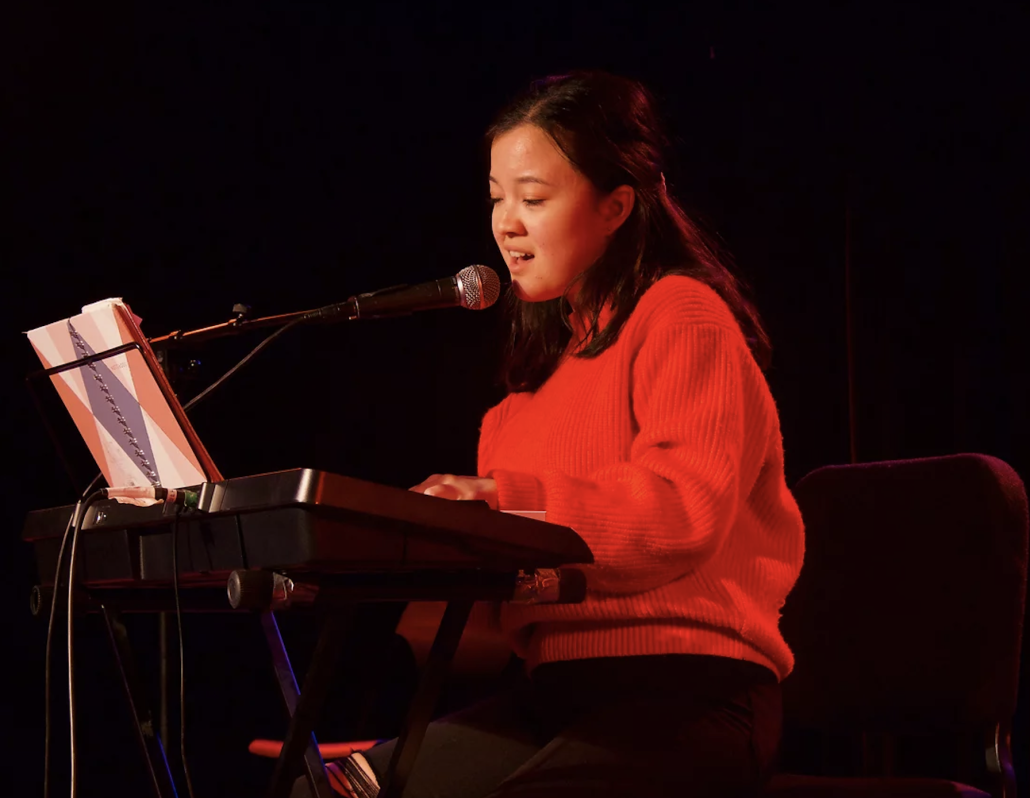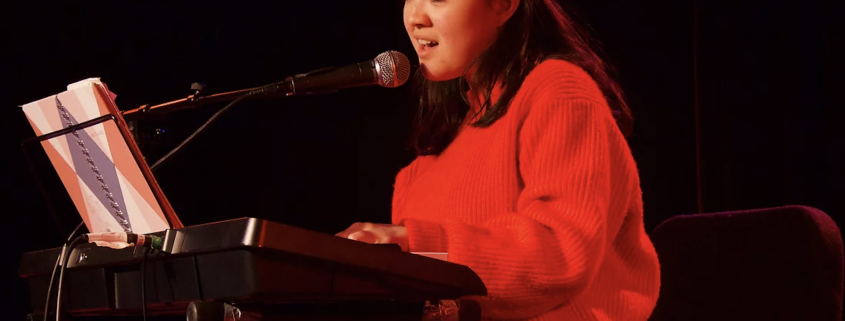Modern Minority Theatre empowers underrepresented students in the performing arts

Dylan J. Locke was inspired to establish a theatre company dedicated to uplifting creative, multicultural students after a formative conversation with a friend in the dining hall freshman year.
When discussing a recent audition, Locke’s friend expressed concern about not being cast in her dream role since she was an underrepresented minority in the arts. The director, producer, choreographer and every other high-powered position in the School of Dramatic Arts production was white, so she felt unsure how she would fit into their vision and as it turns out, she didn’t.
“The only people of color who got into the play were in the ensemble, and I think that was the moment when I said, ‘Why not us? Why can’t we create the opportunities for ourselves instead of waiting for permission?’” said Locke, a 2021 graduate who majored in theatre.
In 2018, he established Modern Minority Theatre Co., SDA’s newest independent student production company. Its purpose is to empower marginalized, creative voices within the student population.
What started as a group of only a couple of students has grown into a successful and influential organization with over a dozen involved executive members. At its various community events, Modern Minority Theatre often hosts over 100 attendees.
The club organizes conversations with guest speakers from the industry, student panels, film festivals, songwriting workshops and more, all promoting the inclusion of Black, Indigenous and people of color in the performing arts.
“Through our full-length productions, play readings, and community events, we strive to build an affinity group for minority artists and those passionate about diversity, equity, and inclusion in the entertainment industry,” according to the group’s website.
Jeniffer Velazquez, a junior majoring in theatre and political science, met Locke at her freshman year involvement fair and immediately knew she wanted to be involved in Modern Minority Theatre.
“As a Latina woman who had come from this predominantly white high school, it was something that was really interesting to me and something that I was definitely seeking,” Velazquez said.
As a new member of Modern Minority Theatre, in 2019, she participated in their show, “Water by the Spoonful,” and has since become the organization’s graphics chair, running its social media pages.
“I would say that this has been my homebase club on campus. Especially as a student in SDA, I feel like everyone has their homebase independent student company,” Velazquez said. “The best thing is that all the people there are equally as passionate about this issue as I am.”
Arie Abija, a senior majoring in theatre production, is Modern Minority Theatre’s current president. Ironically, looking toward the future, Abija actually hopes for the organization’s dissolution.
“Oddly enough, I feel like my ultimate desire for the club is that it wouldn’t be necessary. Hypothetically, it would need to dissolve because all of the underrepresented groups would be represented fairly,” Abija said.
Locke agrees with this long-term goal and supports the idea that Modern Minority Theatre was founded in hopes of eventually disbanding the organization.
“The goal for Modern Minority when I was there was always that if we could reach our own obsolescence, that would be the most amazing thing ever,” Locke said. “Where an organization dedicated to empowering artists of color was not needed but existed as a really nice conscious community but not necessarily on a student organization level.”
In the short term, though, Modern Minority Theatre is thriving and actively planning for this upcoming year. This semester, the group is looking forward to its 24-hour Theatre Festival, where students will write and perform plays in one day, in February and Songwriter Showcase in April. The Songwriter Showcase is a collaboration with another student company, Off the Record, which elevates marginalized voices in musical theatre.
“It’s the only club that I’m involved in that has people from a lot of different backgrounds, not just specifically one minority group or one affinity group … I feel like I’ve learned so much and had my perspective changed with so many things because I’m just around all these different people,” Abija said.

